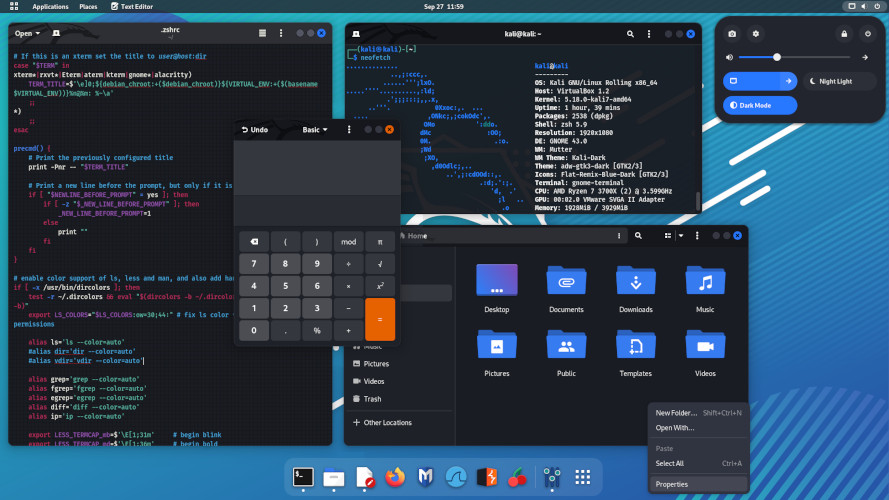
Linux hacking typically refers to the unauthorized or malicious activities carried out on Linux-based computer systems, networks, or software. These activities are intended to gain unauthorized access, manipulate, disrupt, or steal information from Linux systems. It's important to note that such actions are illegal and unethical.
Linux Hacking can Encompass Various Activities, Including:
Unauthorized Access: Hacking into a Linux system without permission, often by exploiting vulnerabilities, weak passwords, or misconfigured services.
Rootkit Installation: Installing rootkits or other malicious software that provides unauthorized access and control over a Linux system. Rootkits are designed to be stealthy and hide their presence from system administrators.
Denial of Service (DoS) Attacks: Overloading a Linux server or network with traffic or requests, rendering it unavailable to legitimate users.
Distributed Denial of Service (DDoS) Attacks: Coordinating a network of compromised systems to flood a target Linux server or network with traffic, making it inaccessible.
Malware and Virus Creation: Developing and distributing malicious software specifically designed to target Linux systems.
Data Theft: Illegally accessing, stealing, and distributing sensitive data from Linux servers, databases, or other storage systems.
Phishing and Social Engineering: Tricking users into divulging confidential information or executing malicious actions on their Linux systems.
Exploiting Vulnerabilities: Identifying and exploiting security vulnerabilities in Linux software or configurations to gain unauthorized access.
Privilege Escalation: Leveraging security flaws to gain higher-level access or root privileges on a Linux system.
It's important to stress that hacking in this context is illegal and unethical. Engaging in such activities can result in criminal charges, fines, and imprisonment. On the other hand, ethical hacking or penetration testing, which involves authorized testing of systems to identify vulnerabilities and improve security, is a legitimate and valuable practice for securing Linux systems and other IT infrastructure.
Thank you.